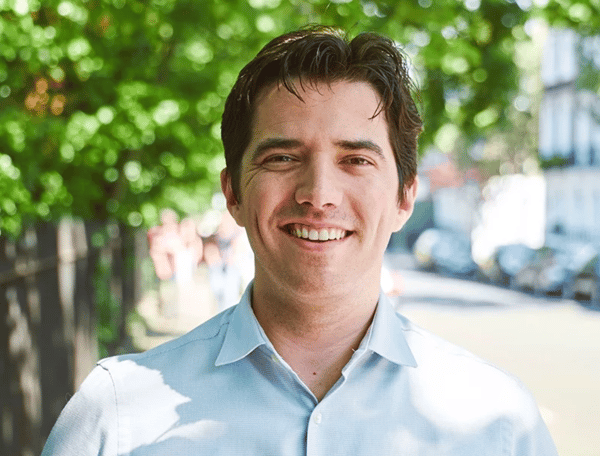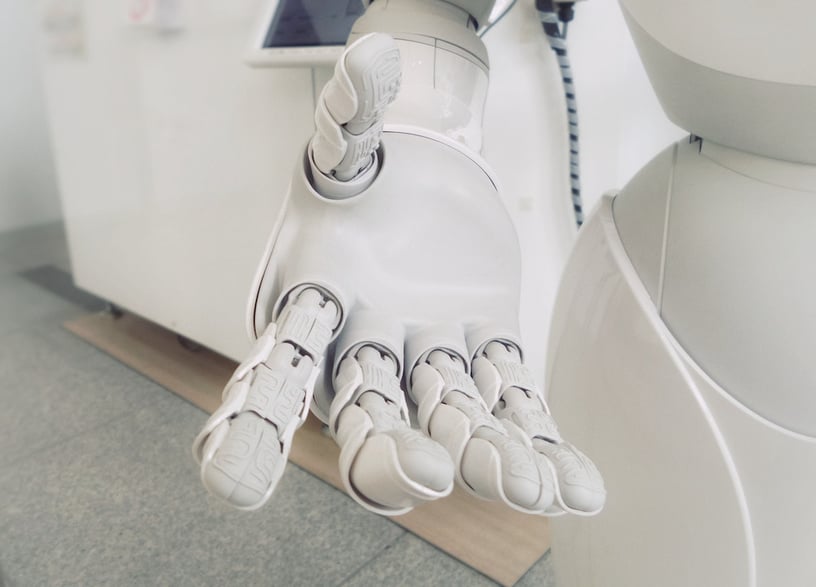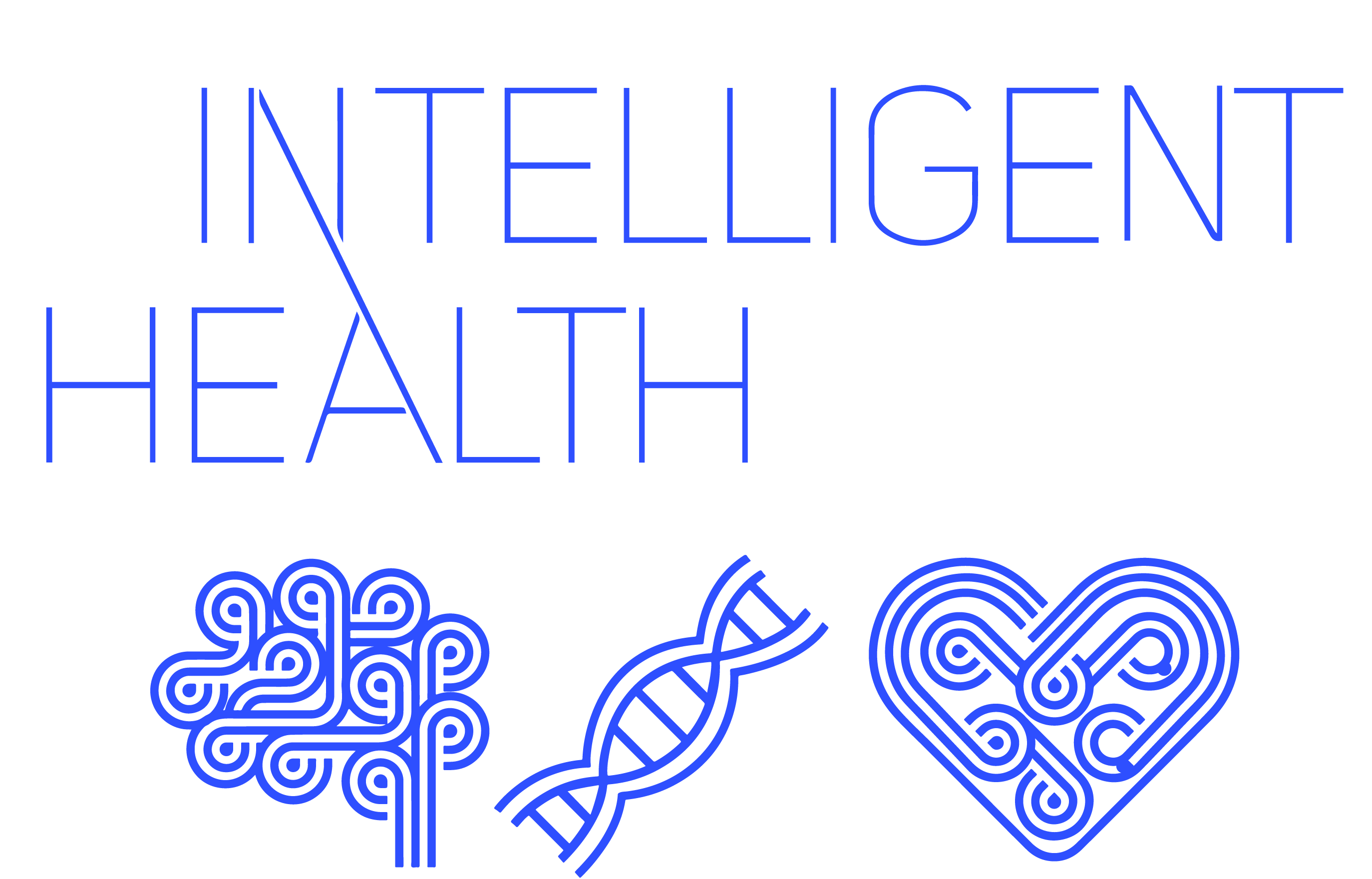"We don’t want to beat radiologists. We want to beat cancer."
Hear from the Healthtech entrepreneur pioneering AI in Radiology to detect breast cancer earlier. We interviewed Kheiron Medical CEO Peter Kecskemethy ahead of his presentation: AI for breast screening - a report from the trenches: Delivering practical value to the NHS.

Q: What excites you most about the application of AI in healthcare?
We are on the cusp of a new age when AI diagnostics and targeted treatments could give the very word cancer a new meaning. I believe that in our lifetime, a diagnosis of cancer will no longer be met with fear but seen as a manageable disease.
Recently, multiple studies have shown that AI for healthcare has the potential to provide value in principle. While it is exciting to talk about algorithms from a scientific standpoint, what I am most excited about is putting AI into everyday clinical practice - when algorithms and technology are applied to solve important problems and have proven patient outcomes in the complicated and often messy world of healthcare. That is when they become real-world solutions.
At Kheiron, the ultimate goal of our first solution, Mia, is to give women a better fighting chance against breast cancer. While there have recently been some highly publicised studies in our field that have shown algorithms can be created to “beat” radiologists in a particular set of circumstances, I believe that the focus on support is the key. We don't want to beat radiologists. We want to beat cancer.
Mia, our breast radiology solution, is designed to help radiologists detect breast cancer earlier and more accurately. I am really excited that Kheiron is in the final stages of bringing Mia into the radiology workflow. We have already achieved a CE mark for Mia and are now running a clinical study in the NHS - which I will be talking about at Intelligent Health.
Q: What’s your biggest fear about the application of AI in health/medicine?
What I am most worried about is AI being unleashed without context around what we are trying to improve and in some misguided desire to replace highly qualified professionals.
There is a tendency in the tech community to develop AI with a tech-first mentality. That is, algorithms are developed from scientific curiosity, with developers later looking for problems to solve. This leads to products being rejected or irrelevant products that are sold but never used. In either case, it leads to incorrectly discrediting the potential of AI in medicine. It is necessary to recognise, beyond the engineering problem, cancer is a medical and human problem.
Also the clinical field needs to be able to confidently assess AI solutions - including some level of technical depth. For instance, clinicians need to understand which Black Box solutions they can trust and when. Patient safety comes from the consistent performance of products, which comes from generalisability of the underlying algorithms.
Q: How do you think AI will make its biggest mark in healthcare in the next 5 years? 10 years? 20 years?
Healthcare is currently organised around the human capabilities and limitations of the workforce. For example, in a hospital, experts are grouped in departments rather than integrated teams to deal with a patient holistically. Of late, many cancers are being dealt with by MDTs which is the first step towards holistic management and its benefits are widely recognised.
Decision making in healthcare has always (even historically) been data-driven. The problem is that these days there’s an escalating volume of data that we’re unable to process manually. The complexity is also increasing, so it’s less and less understandable for human brains.
In the past, manual statistical methods were used to make sense of data. Today machine learning and AI for healthcare are the most modern, automated tools. If we let both AI and humans play to their strengths, we can let the AI deal with the incoming data and free up doctors to spend more time caring for patients and designing their pathway.
By utilising AI’s high level of automation, improved efficiency and removing human limitations in the short term we could rescue strained areas of healthcare such as screening programmes and improve patient outcomes. In the long-term, we could completely transform how healthcare systems are organised, to be around the needs of patients and even delivering personalised medicine.

Q: How do you think AI will change human contact in healthcare?
If we get it right, the application of AI will reduce unnecessary cognitive load as well as the mundane workload for doctors, freeing them up to have more meaningful interactions with patients. I believe that this will lead to greater satisfaction and outcomes for both sides. As such, in a way, AI can make medicine more human.
If we want to have this revolution of AI in healthcare, with professionals working together most beneficially, then there needs to be an understanding and appreciation of where AI can work and add value. They need to see AI as part of their team, empowering them with data they can trust.
For example, when MRI came along, doctors had to understand some physics to know how it works. It’s the same with AI, they need to understand foundational statistics and machine learning to see how these solutions will help them make better-informed decisions. When Microsoft launched Excel, many feared that the world would lose accountancy skills but instead what happened is that accountants are now able to focus on more strategic issues to help companies and not in counting. This has led to greater job satisfaction among accountants and higher levels of satisfaction from clients.
The healthcare system as a whole also needs to understand what frameworks need to be in place to assess these solutions properly and what the critical factors and features are for successful deployment.
Q: Which 2 people do you admire most in the world of AI?
This is a really hard one because there are so many people who have influenced me. I would have to say Andrew Ng who has been so influential and effective in helping the wider world understand what AI is and what it can do.
I would also have to say that in the work of AI for healthcare, I particularly value the contributions of Edith, my mother who has been a radiologist for more than 30 years and a founding influence for Kheiron. She was instrumental in helping me understand the problems that AI could solve in radiology. She’s a part of Kheiron’s clinical team who can see the value that Mia could add to people in her profession.
GLOBAL AI EVENTS CALENDAR
Here is your Global AI Events Calendar where you can meet the Inspired Minds community of business leaders, heads of government, policy makers, startups, investors, academics and media.
WORLD SUMMIT AI AMERICAS
March 25-26th 2020
Palais des congrès de Montréal
Montreal, Canada
INTELLIGENT HEALTH
09-10 September 2020
Basel, Switzerland
WORLD SUMMIT AI
07-08 October 2020
Amsterdam, The Netherlands
WORLD AI WEEK
05-09 October 2020
Amsterdam, The Netherlands
INTELLIGENT HEALTH UK
2 & 3 February 2021
London, UK


